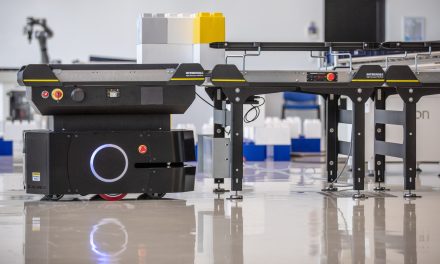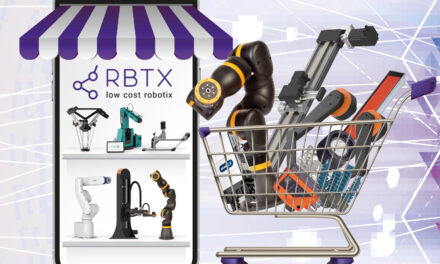With a severe shortage of talent and skills, skyrocketing commodity prices and energy costs, and persisting supply chain disruptions, manufacturing companies face a once-in-a-generation global crisis. They also need to operate more sustainably by providing clear, targeted goals that align with their core values and involve all stakeholders in shared and sustainable value creation. In this context, manufacturers need to rethink their sustainability-related business decisions to meet the expectations of all critical stakeholders and their current business needs.
“Digital” and “Sustainable” Become Business Imperatives
To address business complexities, manufacturing companies are increasingly looking at business process reengineering and business model transformation. This can be achieved by prioritizing reliable factory capabilities and a “back to basics” attitude, backed by modern technologies that drive operations — a key contributor to manufacturers’ overall value proposition. Some of the top operational focus areas include:
- Smart operations and continuous feedback loop innovation to drive operational excellence
- Sustainability integrated into operations and supply chains to achieve net-zero emissions
- Data-driven product and service innovation for competitive differentiation
- Increased flexibility and resilience to respond to changing market demands
- Mass customization to meet individual customer requirements
Accelerated Shift Requires a Change of Pace
Technology vendors and suppliers are an integral part of the solution. IDC’s 2021 Global Future of Operations Survey found that 75% of industrial companies monitor many of their assets remotely while retaining some level of onsite support staff. This can be enabled through a variety of existing and available technologies, including:
- Digital twins: the number of new physical assets and processes that are modeled as digital twins results in operational performance optimization
- Vision analytics in operations: moving beyond quality inspection and security use cases to those focused on performance, experience, and safety
- Centralized security management tools to bridge the IT/OT gap: as a foundational component for bridging the IT/OT gap to facilitate contextualized OT security
Industrial automation suppliers such as Rockwell Automation provide advanced manufacturing solutions and technologies that enable manufacturers to define how they can responsibly drive industry transformation and achieve sustainable, inclusive adoption through ESG metrics and the transition to resilient value creation.
Create Your Own Journey
The challenge for many manufacturers is to monitor and track their sustainability performance, be it carbon emissions, energy mix, waste management, or supply chain compliance. They need to look at the entire business life cycle to find strategic ways to address sustainability in their operations and through the products and services they offer that are enabled by technology.
In addition to the specific remit of the chief sustainability officer (CSO), there are several internal stakeholders that drive or influence the sustainability agenda. Comprehensive sustainability requires close collaboration between stakeholders, including technologists such as the chief digital officer (CDO) in charge of driving transformation and innovation and the chief information officer (CIO) responsible for digital infrastructure, the chief financial officer (CFO) responsible for budgeting, the chief procurement officer (CPO), chief supply chain officer (CSCO), and chief operating officer (COO).
To implement sustainability strategies, manufacturers first need to align the business priorities and objectives of the internal stakeholders before embarking on the following three-step journey:
- In the early stage, they need to understand what their sustainability goals are and how these goals relate to their overall business strategy.
- They must then find the right technology solution, while considering the right infrastructure, such as scalability, connectivity, openness, and security.
- Next, they need to review their digital transformation strategic road map to understand how current and planned solutions can help them achieve sustainable growth.
Technology partners and digital technologies will play an integral role as manufacturers face increased disruption, embed sustainability into their business strategies, and transition to a more resilient and sustainable future.
To find out more about the role of digital technologies in manufacturing organizations’ sustainability journey, see IDC Industry Spotlight “Digital Technologies: The Catalyst to Achieving Sustainability Goals for Manufacturers”, sponsored by Rockwell Automation.





